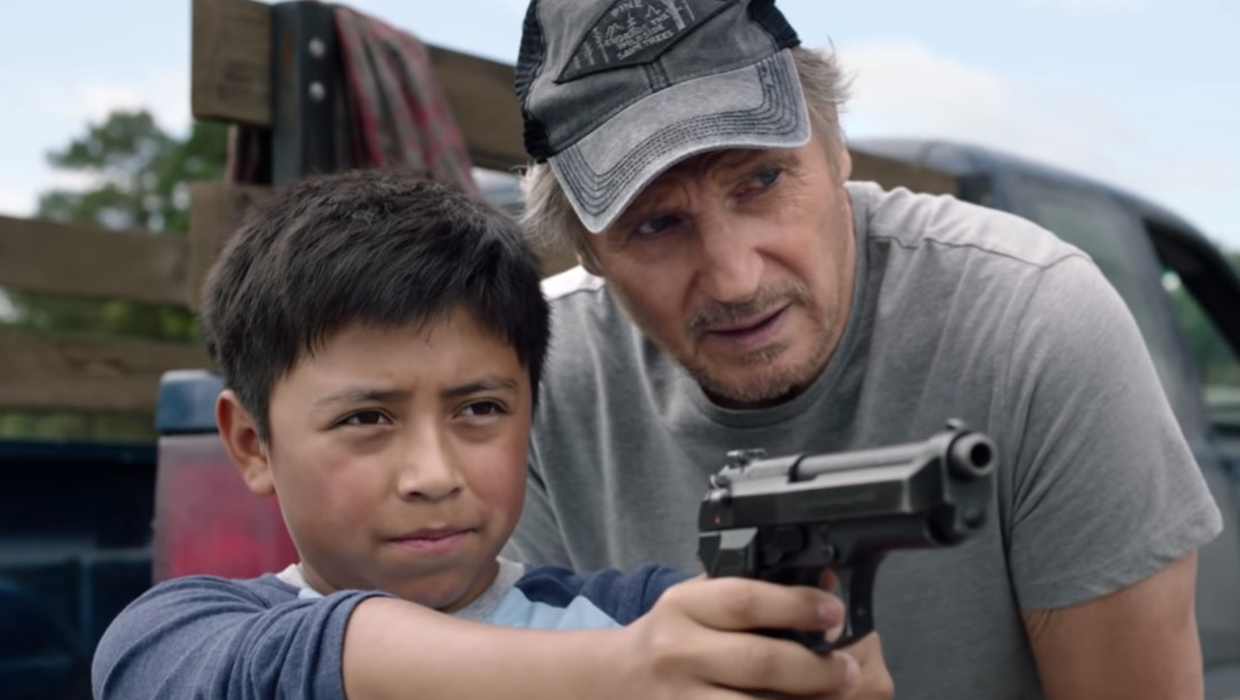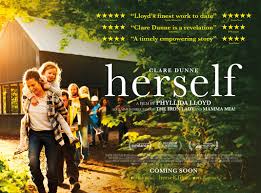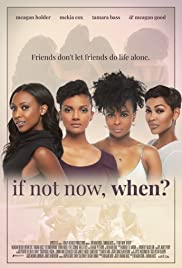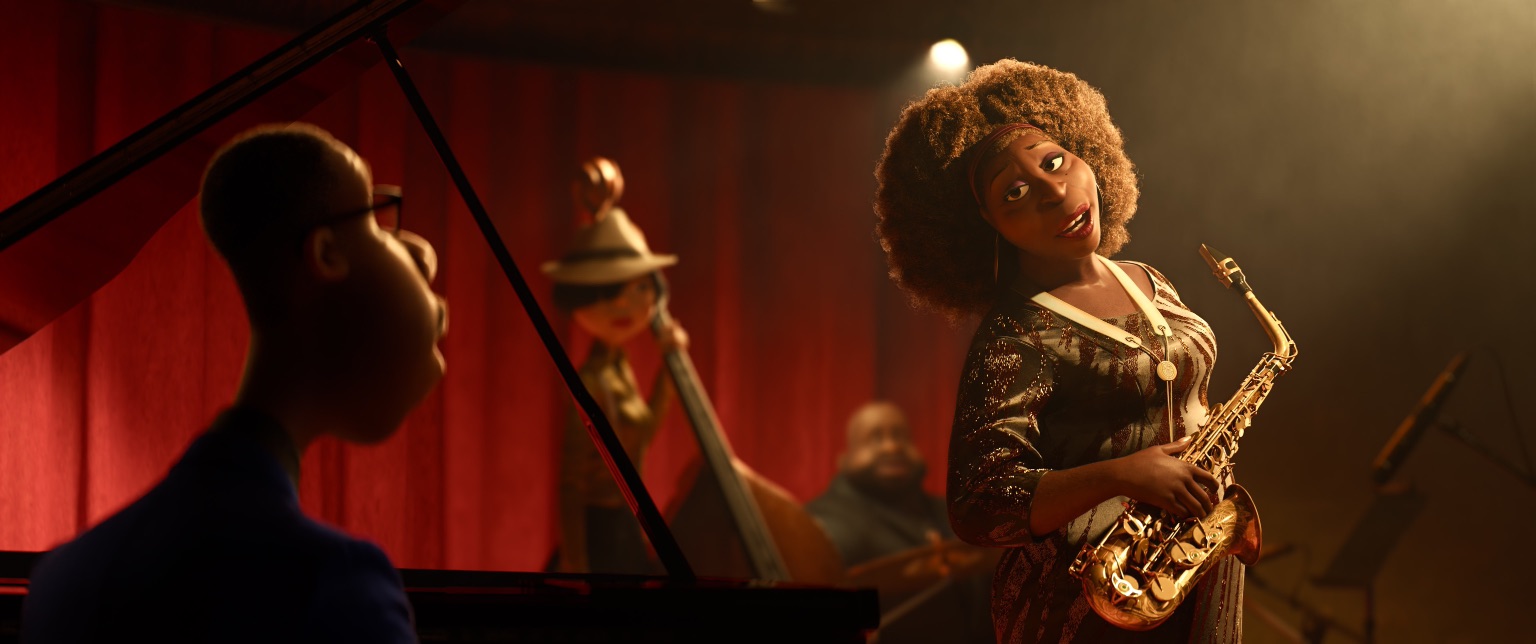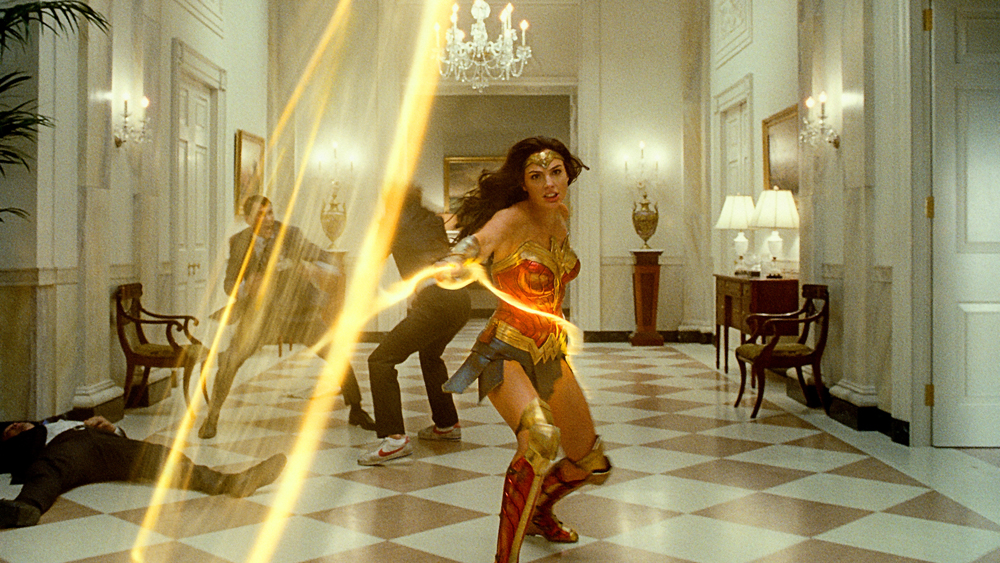The Marksman
Posted on January 13, 2021 at 8:00 am
B-| Lowest Recommended Age: | High School |
| MPAA Rating: | Rated PG-13 for brief strong language, violence, and some bloody images |
| Profanity: | Some strong language |
| Alcohol/ Drugs: | Alcohol, scene in bar |
| Violence/ Scariness: | Extensive peril and violence, brutal murders, disturbing images |
| Diversity Issues: | A theme of the movie |
| Date Released to Theaters: | January 15, 2021 |
| Date Released to DVD: | May 17, 2021 |
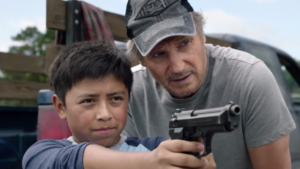
I can’t help saying that “The Marksman,” the 2021 entry in the annual Liam Neeson action film we usually get to start the year, is no bullseye. Neeson is always watchable and the Mark Patten cinematography makes the most of the southwestern landscape. The shoot-outs are well-staged. But the screenplay by
Chris Charles, Danny Kravitz, and director Robert Lorenz is underwritten and predictable.
This is less the “Taken” or “Cold Pursuit”-style action thriller where we get to enjoy Neeson showing off his special skills than it is a Clint Eastwood-style cranky old guy movie, perhaps because Lorenz is Eastwood’s longtime producer. There’s even a pause where the two main characters watch “Hang ’em High,” a 1968 Eastwood film that was the first from Eastwood’s own production company. In “The Marksman,” Neeson plays an Eastwood-like character who rails against his fate: “I’m trying to understand how you can work your whole life, serve your country, pay your taxes” and end up with nothing.”
Neeson plays Jim a Marine vet turned rancher on the Arizona border. He sometimes finds Mexicans who have been injured illegally crossed the border, and he always calls the immigration authorities, where his stepdaughter Sarah (Katheryn Winnick) is an official.
Wiped out by medical expenses, he is notified by a banker that his ranch is about to be auctioned in 90 days, but can be sold sooner if they get a good offer. The loan officer Jim knew — and who knew Jim — is no longer at the bank. The fact that Jim’s late wife’s ashes are spread on the hill and that he is “no deadbeat,” does not mean he gets extra time. “You have yourself a good evening,” the banker says as he gets into his car.
Jim finds a Mexican mother and son who have sneaked through a hole in the border fence. He calls the authorities, but then cartel thugs led by Mauricio (Juan Pablo Raba) come after them and start shooting. Jim shoots back. “Sorry, Pancho, these illegals are mine.”
The boy’s uncle stole some money from the cartel. They killed him and now they want to send a message by killing his family. The boy’s mother is shot. As she is dying, she gives the boy a rosary and hands Jim a blood-soaked scrap of paper with an address in Chicago, where the boy’s relatives are. She asks Jim to promise to bring her son to them.
And so, Jim and Miguel (Jacob Perez) get on the road. Jim does not have a phone or GPS, so he needs a paper map, which an amused sales clerk lets him have at no charge. But the very high tech cartel thugs are able to trace him through his credit card. And so it is a cat-and-mouse road trip with the interactions, escapes, and confrontations you would expect. Which is the problem. This movie is so bereft of ideas that it telegraphs everything that is coming (I mean, the title makes sure we know what Neeson’s special skills are this time) and repeating too much of it.
I respect Neeson’s special skills. I just hope next time they include picking a better script.
Parents should know that this film is about a former Marine who tries to protect a young boy after his mother and uncle are murdered by members of a Mexican drug cartel. The film includes shoot-outs and fighting, with many injuries and deaths, including a parent and a dog, all witnessed by the boy. There is also some strong language and some drinking.
Family discussion: Why does Jim help Miguel? Why does he change his mind about helping Miguel? Why does he end things with Mauricio the way he does? Do you agree?
If you like this, try: “Let Him Go” with Kevin Costner and Diane Lane and “Taken” with Neeson

